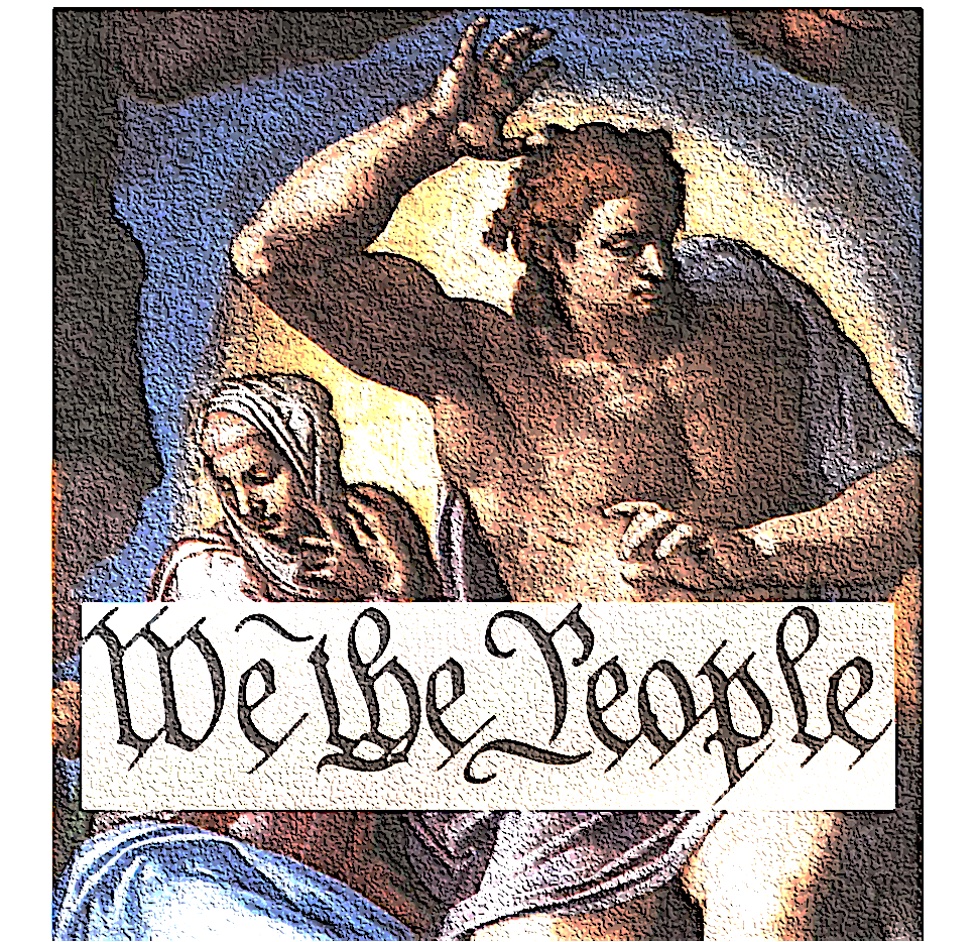People often respond to ethically charged issues with strong emotions. Anger, indignation, and disgust are a normal part of the moral life. If we didn’t have these negative emotions, we would not be motivated to fight for justice. And if we didn’t have strong positive emotions, we would never fall in love.
Some philosophers think that morality is purely a matter of emotion. But feelings alone are an insufficient guide for moral judgment. We need words, ideas and theories to correct, improve, and evaluate our emotions.
In my teaching and public speaking, I often encounter folks who are overcome with emotion. Recently I was discussing the ethics of war with students. One brave young woman raised her hand and offered a comment on current events. Her emotions were so strong that it was difficult for her to speak.
I gave her time to compose herself and I acknowledged the depth of her passion. She took a deep breath and did her best to talk through her tears. But it was tough. Others in the audience were visibly moved by her effort. Emotions are contagious. We weep when others weep. We laugh when others laugh. We are social animals who communicate with tears as well as words.
After we all caught our breath, I tried to help this young woman articulate the source of her indignation. I encouraged her to consider some of the concepts and ideas from the just-war theory. I don’t know if this ultimately helped. But one of the goals of ethics education is to provide people with a moral vocabulary that helps them understand and evaluate the world and their emotional responses to it.
Indeed, one of the benefits of a broad education is that it helps us learn to describe and assess our emotions. Education teaches us to put words to our feelings. That process of recognizing and naming our emotions can help to moderate and direct them in appropriate ways. A critical moral education helps us transform our passions into coherent sentences and complex judgments. In doing that, we gain the ability to think critically about our feelings and about our responses to the world.
I worry that this kind of critical emotional education is missing in our expressivist culture. Rage and disgust, giddiness and glee drive much of our public discourse. We emote and enthuse without restraint. People whoop and holler at sporting events. They yell and yowl in public meetings. And on social media, emotional complexity is reduced to simplistic emojis requiring no thought at all. But to be fully human, we must move from passion to poetry, from feelings to phrases, and from simple words to complex thoughts and theories.
Language is a unique human capacity. Dogs growl and bark, howl or wag their tails. Those sounds and gestures are expressive. But they only convey a limited range of emotions and experiences. The great gift of human language is that it allows us to clarify, restrain and articulate our emotions. It also allows us to evaluate complex ideas and to communicate the dense and thorny knots of human experience.
Human beings have the capacity to experience and express a large variety of emotions and ideas because we have a complex system of language and meaning. Poetry, music, and religion move us in ways that transcend mere animal behavior. The experience of art takes us quite far beyond the animal’s howl. The arguments of lawyers and theologians allow us to develop complex systems of social life. And scientific theories are infinitely more complex than the dog’s wagging tail.
Words are tools. The more tools we have, the better. If your tool kit only includes a hammer and a screwdriver, you’re not going to be able to build many things. But if your tool kit is broad, diverse, and subtle, you are on your way to creating new and amazing things.
A broad education provides us more words and more tools. This includes a whole range of metaphors, idioms, and paradigms that come from art, history, literature, philosophy, and religion. This linguistic tool kit provides us with the opportunity to clarify, and refine our emotional lives. It also helps us articulate and evaluate things in a way that transcends laughter and tears.
Read more at: https://www.fresnobee.com/opinion/article287422570.html#storylink=cpy
Read more at: https://www.fresnobee.com/opinion/article287422570.html#storylink=cpy






